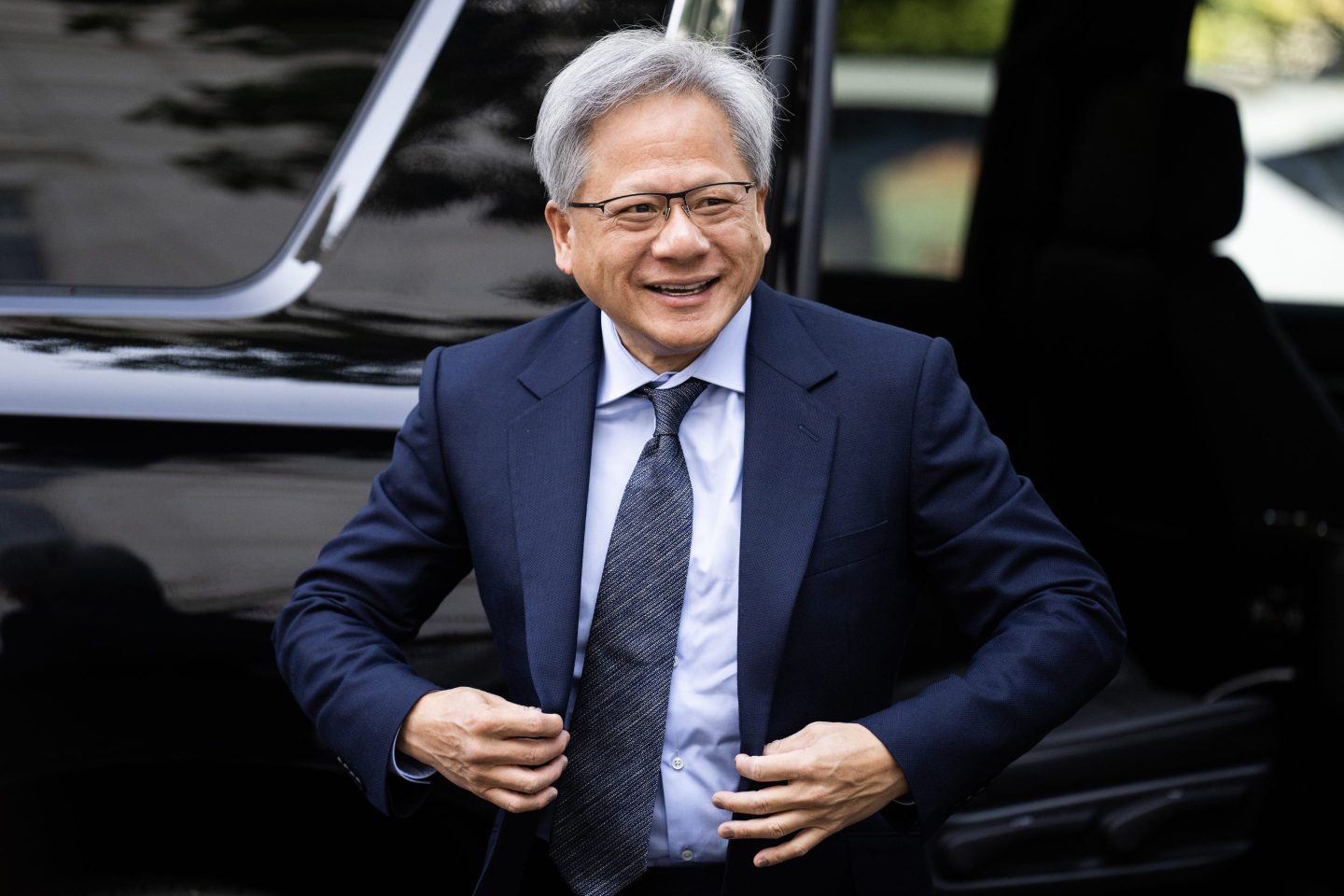Tesla CEO Elon Musk said Monday his electric car company is unveiling a new product that’s “not a car” on April 30. It isn’t clear exactly what’s up Tesla’s sleeve — but there’s a strong case the new product will be a large battery that can power homes or businesses.
Major new Tesla product line — not a car — will be unveiled at our Hawthorne Design Studio on Thurs 8pm, April 30
— Elon Musk (@elonmusk) March 30, 2015
While Musk seems to be announcing big news here, he explained back in February that Tesla was working on a battery that collects energy from the sun during the day and stores it for use at night when people are home.
“We’re going to unveil the Tesla home battery, or consumer battery, that will be for use in people’s houses or businesses, fairly soon,” Musk was quoted as saying. He told more to Bloomberg: “We have the design done, and it should start going into production in about six months or so. It’s really great.”
Tesla has already been supplying home battery technology to its parter SolarCity, which has made them available in small parts of California. But Musk’s Monday tweet could be teasing greater availability for Tesla’s home battery technology.
If Tesla is indeed taking the lessons it has learned in battery design and applying them to home power, it could prove disruptive for utility companies. A Tesla-made home battery could help homeowners go “off the grid,” decreasing their reliance on local utilities.
General Electric, Samsung and Honda are also said to have similar home battery concepts in the works.
Tesla’s earnings for the previous quarter failed to meet analysts’ expectations. The company lost $.13 per share on adjusted revenue of $1.1 billion.












